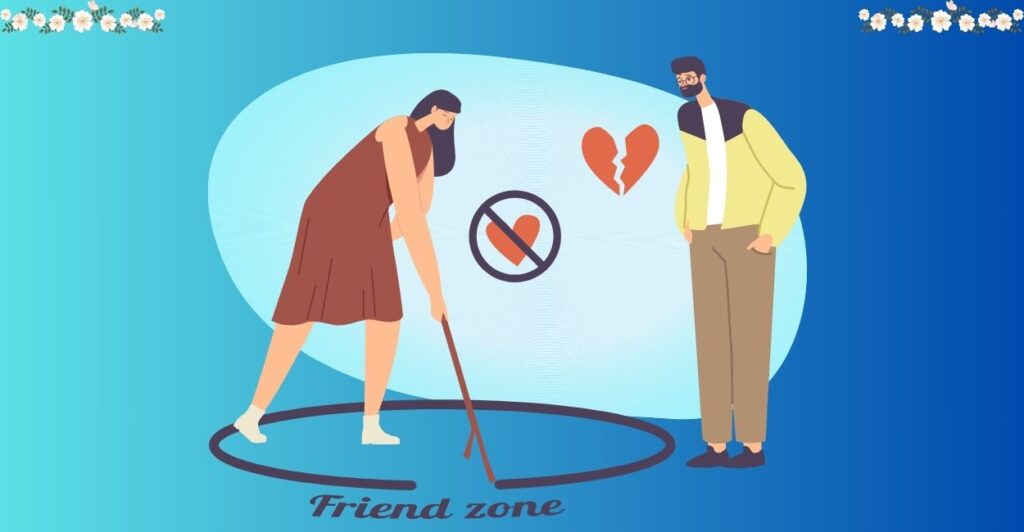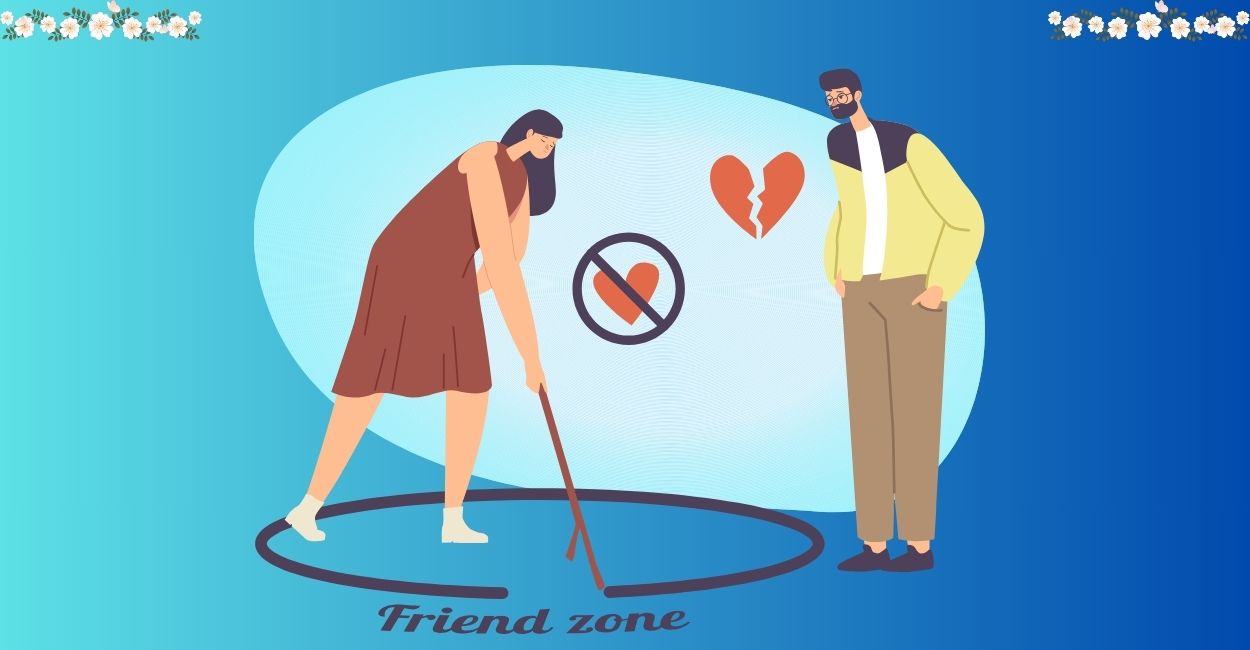Why Is It So Hard to Make Friends – 14 Reasons & their Solutions

Undoubtedly, making and maintaining friends is an essential aspect of life. Friends can give us a sense of belonging, support, and companionship. However, it can be difficult for some people to form and maintain friendships. They often wonder – “why is it so hard to make friends.”
If you also face such friendship problems and feel like you do not have friends, there could be several reasons. Therefore, in this article, we will explore some common reasons why people struggle to make friends and what can be done to overcome these obstacles.
Reasons why is it so hard to make friends
Various reasons can make it hard for people to make friends. Following the plight, we list some reasons for you to understand better.
1. Busy schedules
One of the critical reasons behind not making friends is the busy schedules of adulthood. Once we become adults, we get so engrossed in our tight working hours and personal agenda that we forget about mingling and networking. Household chores, partner duties, and parental responsibilities may keep you occupied, creating a space where you cannot make friends.
2. Lack of trust
Research shows that the most common reason for not making friends is a lack of trust. If someone already has their share of sadness with past friends, they would avoid getting into new relationships. Besides, if the other people aren’t responsive enough, it discourages them from maintaining the friendship.
3. Lack of social skills
One of the most common reasons why people struggle to make friends is a lack of social skills. Social skills refer to the ability to interact with others effectively, be a good listener, understand social cues, and communicate effectively.
Amid this, if you struggle with social skills, you may find it difficult to initiate conversations, make eye contact, and respond appropriately to social cues. As a result, others may perceive you as uninterested, unapproachable, or disinterested. Furthermore, making it difficult for you to form new friendships. If you are not a good listener, you can never make new friends.
There is always a give and take in a relationship; if that is lacking, it won’t work in any way.
4. Shyness and anxiety
Shyness and anxiety can also make it difficult to form new friendships. If you are shy, you may feel nervous or self-conscious around others, making initiating conversations or participating in social activities difficult.
Similarly, if you have anxiety, you may feel nervous or worried about being rejected or judged, making it difficult for you to engage with others.
5. Negative self-image
“What if they don’t like me” or “do not wish to share things with me.” All these ifs and buts arise when an individual is grappled with a negative self-image. Due to this, they may struggle to make friends. A person with a negative self-image constantly believes that others will not like them or aren’t worthy of friendship. This can cause them to withdraw from social situations, making it difficult to form any kind of relationship.
6. Lack of opportunities
Another reason why people may struggle to make friends is a lack of opportunities. When you work 24/7 or live in a small community or have a not-friendly neighborhood, there are chances of making meager friends. Apart from this, if there are fewer places to hang out, another reason is “why is it so hard to make friends.”
Due to all these reasons, you may have limited opportunities to meet new people and form new bonds. Not just this, but there are chances you landing up feeling isolated and lonely.
7. Past experiences
Past experiences can also impact our ability to form new friendships. If you have had negative experiences with friends in the past, such as bullying, betrayal, or rejection, you may be hesitant to form new friendships for fear of being hurt again.
8. Different interests
A prevalent ground of not having friends is when you have different interests. Suppose you are passionate about a specific hobby or activity; not necessarily that another person is also that passionate. Besides, there will always be a conflict of interest, thus making it difficult to find friends who share the same interests and can participate in these activities with you.
9. Fear of rejection or being judged
Fear of rejection is another common reason why people struggle to make friends. If you are afraid of being rejected or judged, you may hesitate to initiate conversations or engage with others, making it difficult to form new friendships. These could arise especially with people with special needs, and it’s evident when research states that 67% of people feel uncomfortable talking to someone with a disability.
10. Notion of – it doesn’t feel very reasonable to have fun
When we were kids, we would engage in all sorts of antics – making fun, teasing, and whatnot. However, when we grow, we are surrounded by responsibilities, thus losing that inner child of ours. And it could be one reason why it is so hard to make friends. We find it useless to waste time in such activities and eventually drift apart from people.
11. Relationships and kids
It’s easy to reach out to a friend when you are single and not burdened with responsibilities. But once you are in a relationship, dynamics do change. Off course, your partner is not a devil; instead, you can become good friends with your partner. However, your boundary stays limited to them, and meeting new people among kids becomes difficult.
12. You have become too rigid to change
After a certain age, every individual becomes rigid. They do not wish to change their lifestyle or make adjustments. In such an atmosphere, one cannot create new relationships. As mentioned above, relationships are all about give and take. If you keep expecting and do not give anything in return, you lose out on many people.
13. You are accustomed to loneliness
Some people like to keep to themselves. They are happy in their solitude, especially introverts who find it emotionally draining to be in the middle of many people. Such people do not value connections and are friends with themselves.
14. Moving out from one location to another
When you keep shifting your location, you can never make friends. By the time you find some depth in the relationship, you are already moving somewhere else. And believe us, long-distance friendship is not a cakewalk for sure.
How to overcome these friendship problems?
If you struggle to make friends, it’s essential to understand that these obstacles can be overcome with time and effort. Here are some steps that you can take to overcome these challenges and form new friendships:
1. Improve your social skills
It’s time to buckle up and improve your social skills. It will increase your confidence and make it easier to form new friendships. Try to initiate conversations, make eye contact, hear your pals out, and participate in social activities. Additionally, don’t just listen to others but respond appropriately to their cues.
2. Forgo some assumptions about friendship
“They don’t like me,” “They are better without me,” – just let go of such assumptions. Work on overcoming this fear of rejection because it helps you abundantly for forming new friendships. Try to focus on the positives of developing new relationships, and avoid letting fear of rejection dictate your actions. Additionally, remind yourself that rejection is a natural part of life and that it is possible to form new friendships despite past rejections.
3. Seek professional help
If shyness or anxiety makes it difficult for you to form new friendships, consider seeking professional help. A therapist, counselor, or relationship coach can help you develop strategies to overcome these challenges and increase your confidence in social situations.
Most importantly, if past experiences prevent you from forming new friendships, then seeking professional help can be a boon. It will help you in healing from those experiences. With the help of a therapist, you can learn coping strategies and develop a more positive outlook on friendship.
4. Improve your self-image
Every person has hidden talents and a set of positives. So, focus on your positive qualities and accomplishments. In the process, do not compare yourself to others. Besides, don’t let jealousy get into the way of friendship. Additionally, seek positive social experiences and surround yourself with supportive and encouraging people.
5. Find opportunities to meet new people
If a lack of opportunities keeps you from making new friends, try to break the shackles. Seek out new experiences and opportunities to meet people. Find clubs nearby and join them. Not just clubs, seek organizations, attend social events, plan trips, or volunteer for community projects. If you are an online person, enroll in friendship apps.
6. Find common interests
Finding common interests can help you form new friendships. Try engaging in activities you enjoy, and look for opportunities to meet others who share your interests.
Over to you…
In conclusion, forming and maintaining friendships is an essential aspect of life, and there are several reasons why people struggle to make friends. However, by improving your social skills, addressing past experiences, finding common interests, and overcoming the fear of rejection, you can increase your chances of forming new friendships and building strong, supportive relationships.
If you ever feel, why is it so hard to make friends without any further ado, read these simple tips, and if nothing seems unmanageable, consider seeking professional help.












